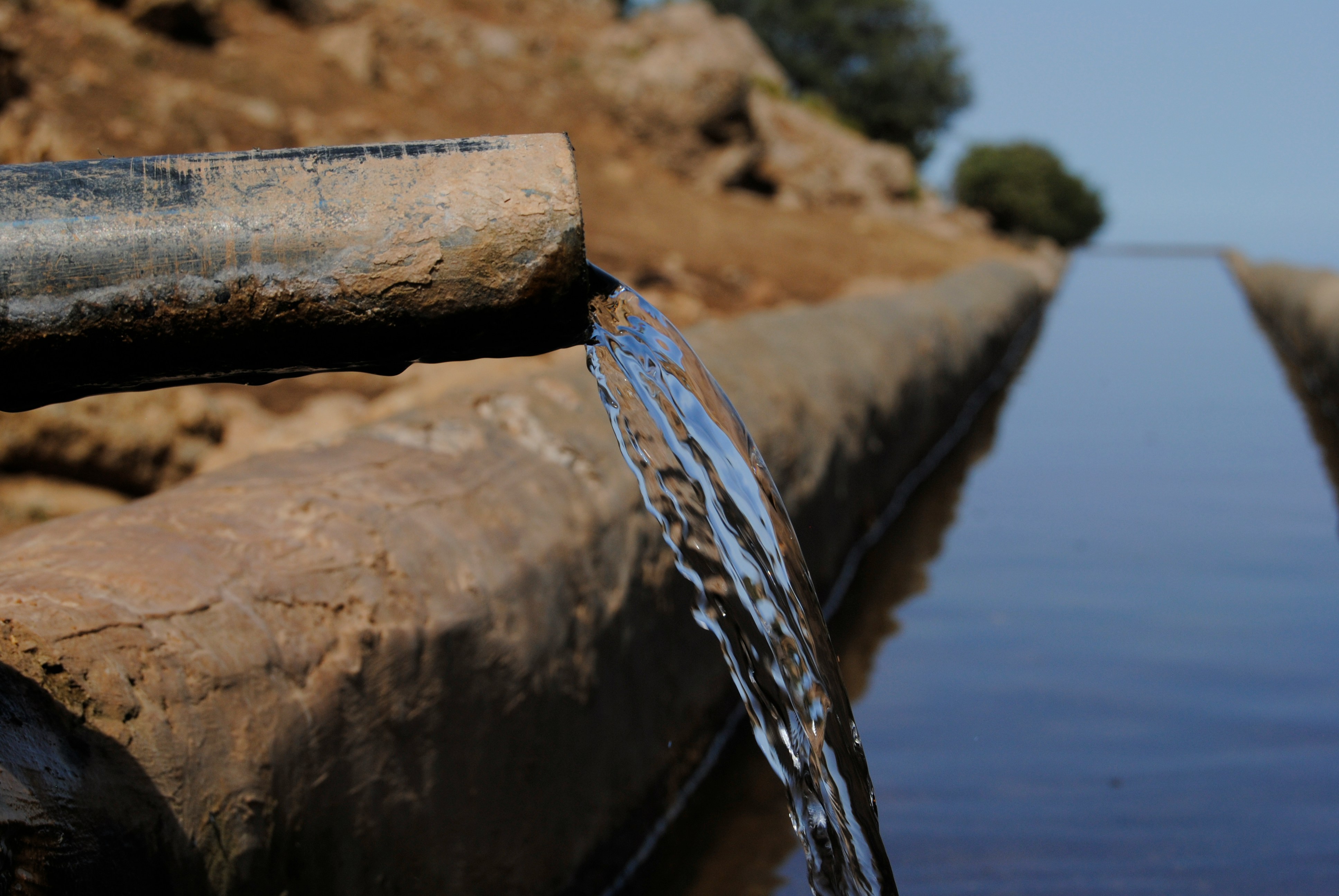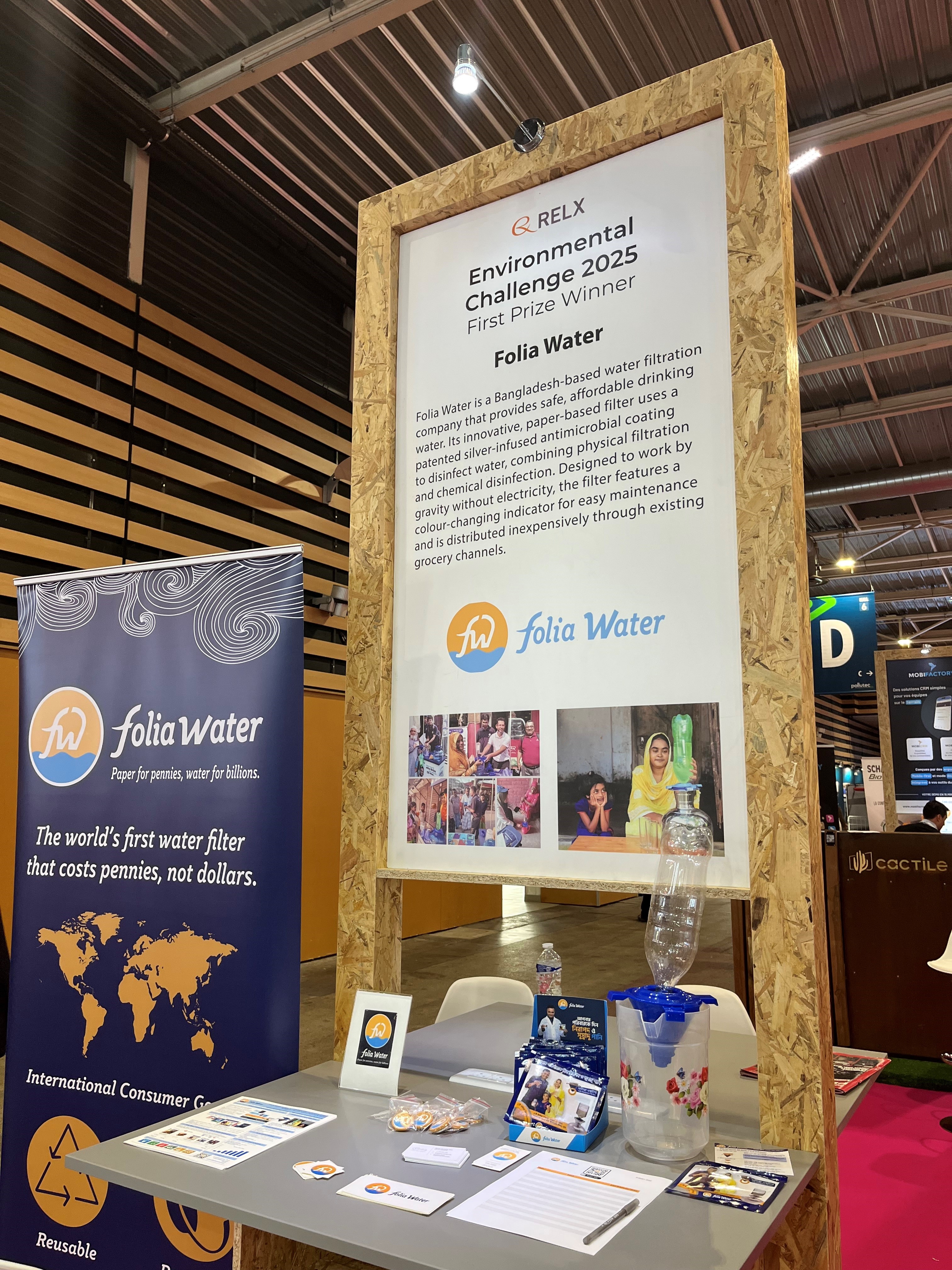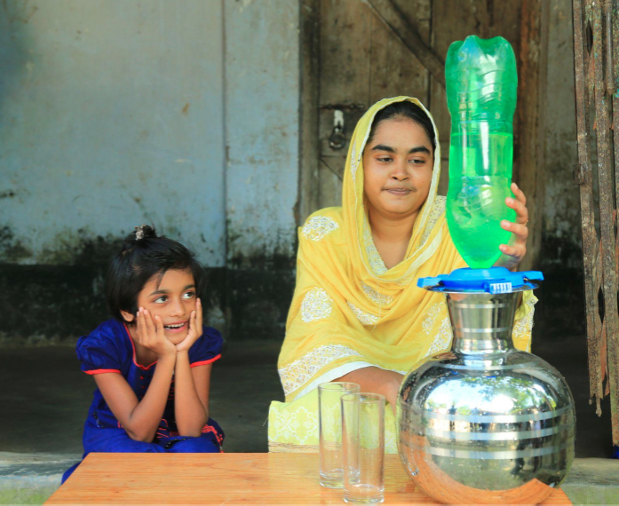Water and sanitation are pivotal elements of the Sustainable Development Goals (SDGs), primarily encapsulated in SDG 6 (Clean Water and Sanitation). This goal seeks to ensure the availability and sustainable management of water and sanitation for all by 2030. This objective directly addresses the current global water crisis, where nearly 2.2 billion people live without access to safe water, and about 4.2 billion lack access to adequate sanitation.
By focusing on improving water quality, increasing water-use efficiency, implementing integrated water resources management at all levels, and protecting and restoring water-related ecosystems, SDG 6 addresses not only direct human needs but also the broader ecological health of the planet. Furthermore, efforts towards achieving SDG 6 indirectly promote several other SDGs.
For instance, water and sanitation are crucial to achieving SDG 3 (Good Health and Well-being), as clean water and proper sanitation facilities reduce the spread of water-borne diseases and significantly lower child and maternal mortality rates. Likewise, they are foundational to SDG 4 (Quality Education), given that the provision of water and sanitation facilities in schools significantly impacts the attendance and performance of students, particularly for girls.
SDG 2 (Zero Hunger) also intersects with water and sanitation, as sustainable and efficient water management is critical for agriculture, which remains the largest global water consumer. The necessity of water for food production and the potential impact of improved water management on crop yields and livestock health makes SDG 6 integral to achieving zero hunger.
SDG 6 contributes to SDG 1 (No Poverty) and SDG 8 (Decent Work and Economic Growth) as well. Access to clean water and sanitation can enhance economic productivity by reducing time spent gathering water, reducing healthcare costs due to water-related diseases, and even creating jobs in water and sanitation services sectors.
In terms of environmental impact, the sustainable management of water resources is essential for SDG 13 (Climate Action), as water is a key factor in managing climate change due to its role in agriculture and energy production.
The RELX Environmental Challenge celebrates 15 years of supporting clean water and sanitation innovation, marking this significant milestone with an increase in the prize fund and the introduction of a new ocean category.
The goal of this special issue is to highlight the latest and most significant outcomes in energy and carbon-neutral urban water management for net-zero emissions.
The 2025 winners of the RELX Environmental Challenge, which supports innovative solutions to advance SDG 6 Clean water and sanitation, have been announced.
RELX Environmental Challenge 2025: four shortlisted projects to bring safe water and sanitation to communities around the world
The RELX Environmental Challenge 2025 shortlist features four innovative projects that provide sustainable access to safe water and improved sanitation. The RELX Environmental Challenge prioritises replicable, scalable, sustainable and innovative solutions. They must also have practical applicability and involve local communities and other key stakeholders.
The article dicusses the need for early, culturally grounded interventions to support healthy beverage habits among Navajo and other Indigenous children. While early childhood education programs are generally promoting healthy choices, most children remain at risk due to inadequate hydration and high sugar-sweetened beverage intake, compounded by ongoing challenges in water accessibility and safety. Strengthening access to safe drinking water and leveraging Indigenous cultural traditions can serve as protective factors, supporting better health outcomes and reducing disparities in diet-related diseases for American Indian children. Future efforts should focus on community engagement and culturally responsive strategies to sustain healthy habits.




